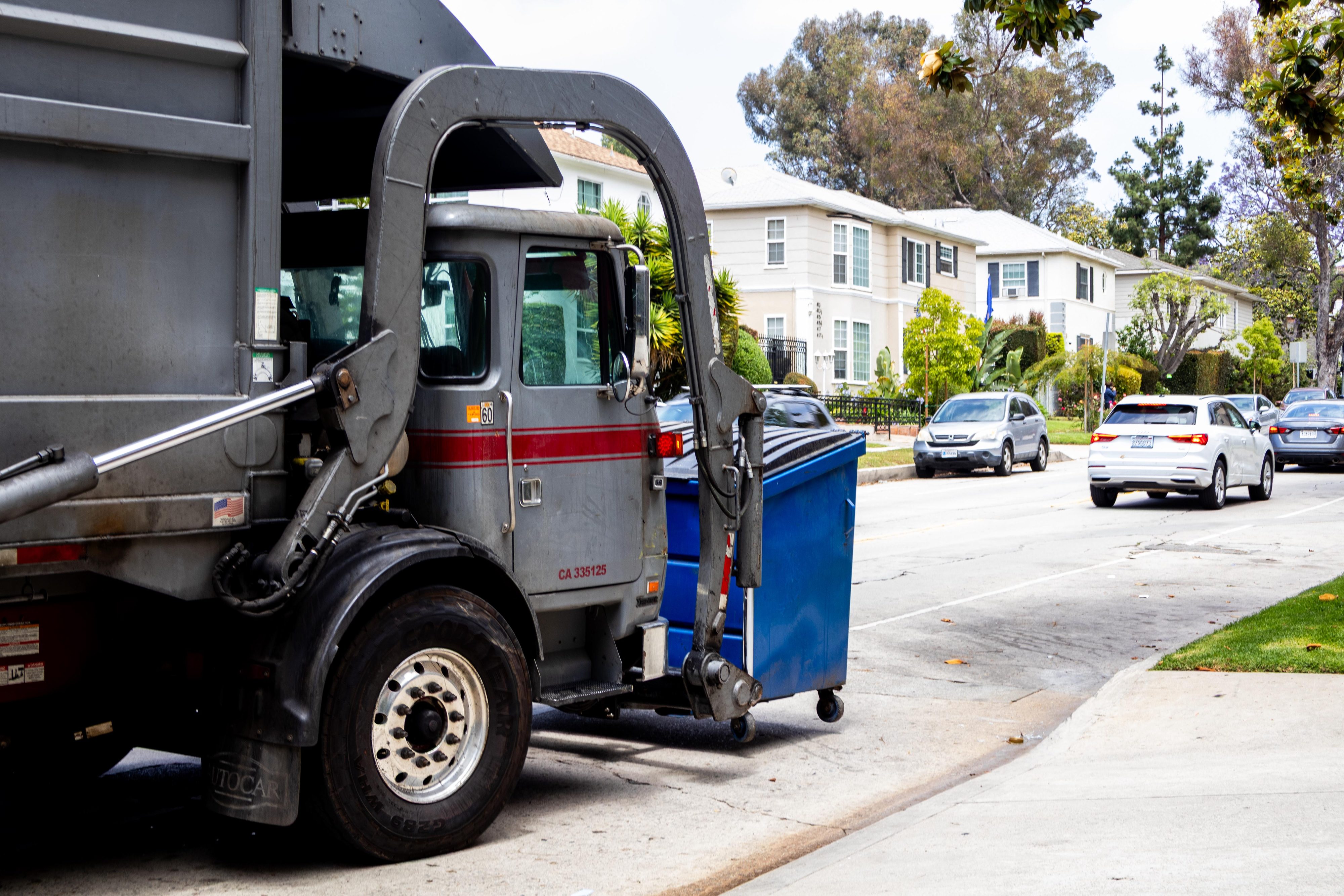There has been much debate over the Los Angeles budget allocation, but in terms of waste management, or trash fees, a significant spike—ranging from 50% to 130%—is expected within the next four years, with the most aggressive increase occurring first. In a 10-1 vote, the LA City Council planned to raise trash prices through the LA Department of Water and Power, or LADWP, as a way to subsidize a $1 billion budget gap, according to Waste Today. The importance of this price jump stems from the fact that fees have not been adjusted in the past 17 years, meaning that this precedent will affect the lives of all future students living off-campus, who are already grappling with rising rent and parking fees.
Though trash fees may not be seen as a major expense by many, the rapid implementation of this directive has raised concerns. Many property owners have expressed concerns about a lack of information and a worry about how the Solid Resources Program, a branch of the Bureau of Sanitation, will nearly triple in profits based on this change, according to Los Angeles NBC. How property owners, especially those of apartment complexes that students inhabit, react to this drastic and new change could cause apartment fees and pricing to increase even more in the coming years.
For those who pay rent in the Westwood area, a standard two-bedroom apartment, particularly one where one room is significantly smaller than the other, can cost upwards of $3000 to $4000, not including power, water, gas and waste fees. These extreme prices cause many college students to look for larger apartments with more roommates, which places them in the highest tier for trash fee increases—up to 130%. Though an extra $50 a month may not seem like a huge expenditure, changes like these, made to subsidize the city budget, will weigh on students with loans or strict budgets.
The proposed mayoral budget, presented during Mayor Karen Bass’ annual State of the City Address, explained that the layoffs and fee increases were due to the string of natural disasters, including the Palisades wildfires, and national changes that affected so many LA residents. Though her reasoning was clear and concise, utility increases in one area are prone to spreading, students should be warned to watch their utility bills.
According to Politico, Bass said that LA is facing a “tough budget year” in which many city services are facing cuts in order to prevent even higher fee increases. Overall, many of the reallocations are aimed at increasing funding to the fire department by 13%, a service close to the LA area’s heart. The mayor’s proposed budget showed more accountability for essential services that will protect LA homes, natural landscapes and wildlife, in order to prevent future devastation.
It’s important for students concerned about these rising fees—or those who may be impacted in the near future—to understand that reducing their personal trash output will not solve this problem. While some units and properties may create more waste to be managed, students have no way of decreasing their own monthly or bimonthly expenses due to the nature of apartment sanitation payments. These waste fee increases will occur regardless of individual efforts, making it essential for students to be aware of and prepare for this change.
—
Featured Image Photographed by Julia Gu/BruinLife

